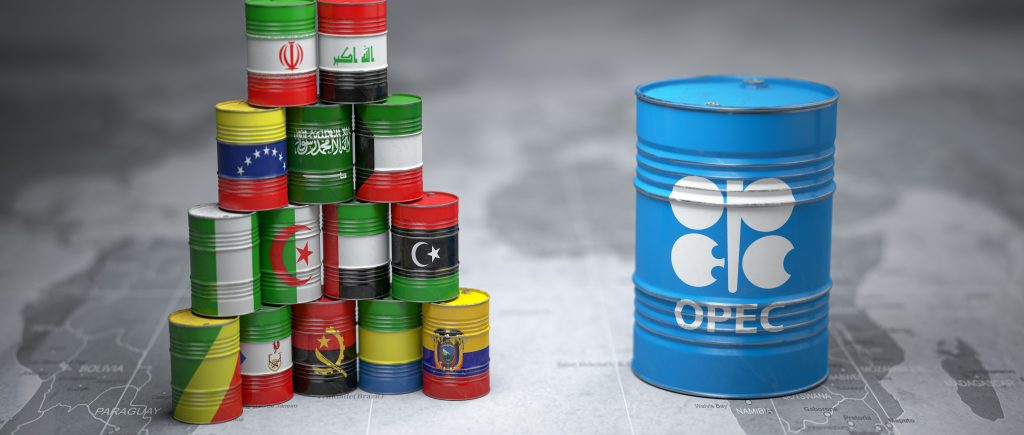While U. S. President Joe Biden and other world leaders in Glasgow continue efforts to fight climate change, OPEC ministers meet today under mounting pressure from Washington, New Delhi and Beijing to pump more crude oil, and here lies a significant paradox.
OPEC meeting, Thursday, is poised to defy the U. S. president again and could not positively react to the pressures to increase the pace of its already planned oil supply additions.
Biden Administration would like Saudi Arabia, the UAE, and their non-Opec allies led by Russia to help drive down oil prices. Biden also hopes that this would, in turn, bring down U. S. petrol prices — which are now averaging $3.40 a gallon, up 60 per cent in a year.
“If you take a look at gas prices, and you take a look at oil prices — that is a consequence of, thus far, the refusal of Russia or the OPEC nations to pump more oil”, said Biden from a podium at the UN climate summit in Glasgow, where world leaders were trying to counter the harm caused by burning fossil fuels such as coal and oil.
Antony Blinken, Biden’s secretary of state, has since then added to the U. S. pressure, calling on the UAE, a huge OPEC producer, also to increase energy production.
Donald Trump led a global consumer-country campaign to press Saudi Arabia, Russia and the other producers in the OPEC+ group to cut supply last year in an endeavor to control oil prices. OPEC+ did and have since then roughly stuck to their plan to restore production gradually.
Saudi output is now close to its pre-pandemic average. The big producer that has not been able to raise oil output effectively since last year’s price crash is the U. S. as the Energy Information Administration put September’s hurricane-hit output at just 10.5m barrels a day, 2.5m b/d lower than the pre-Covid peak.
Yesterday, oil prices fell as the cumulative impact of all the political pressure weighed on the energy market. Renewed hopes for an Iran deal, after the US state department said talks would resume on November 29, were also bearish.
Energy secretary Jennifer Granholm described the situation in a language that may hint at a revival of legal threats, however OPEC will stick with its plan to increase output by 400,000 b/d each month and ignore the U. S. pressure to speed up the additions.

 Noor Trends News, Technical Analysis, Educational Tools and Recommendations
Noor Trends News, Technical Analysis, Educational Tools and Recommendations




